News & Events
-
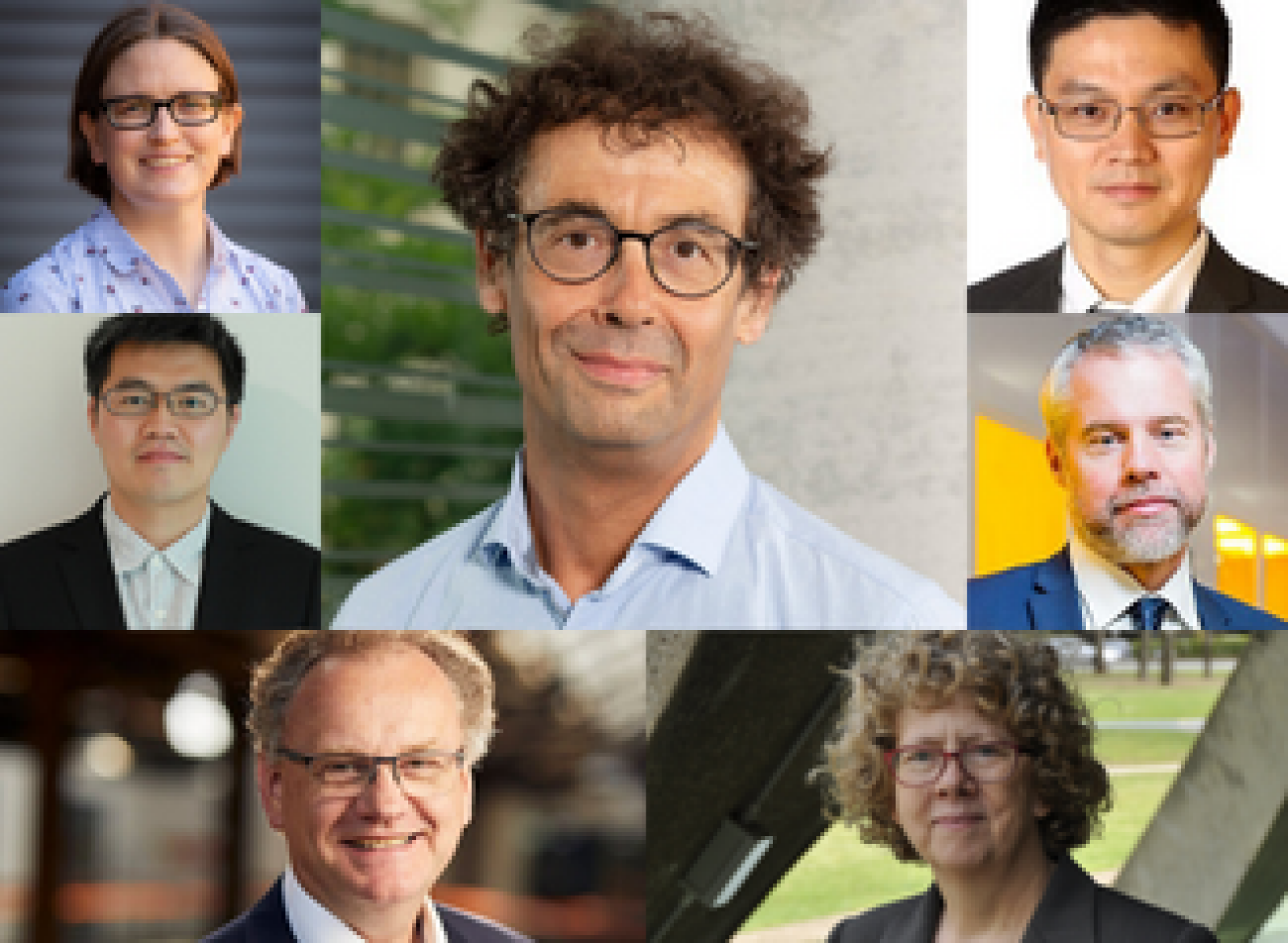
Deputy Vice-Chancellor (Research) congratulates Centre of Excellence teams
—
in NewsProfessor Emma Johnston highlights the impressive success of University of Sydney researchers in the recently…
-
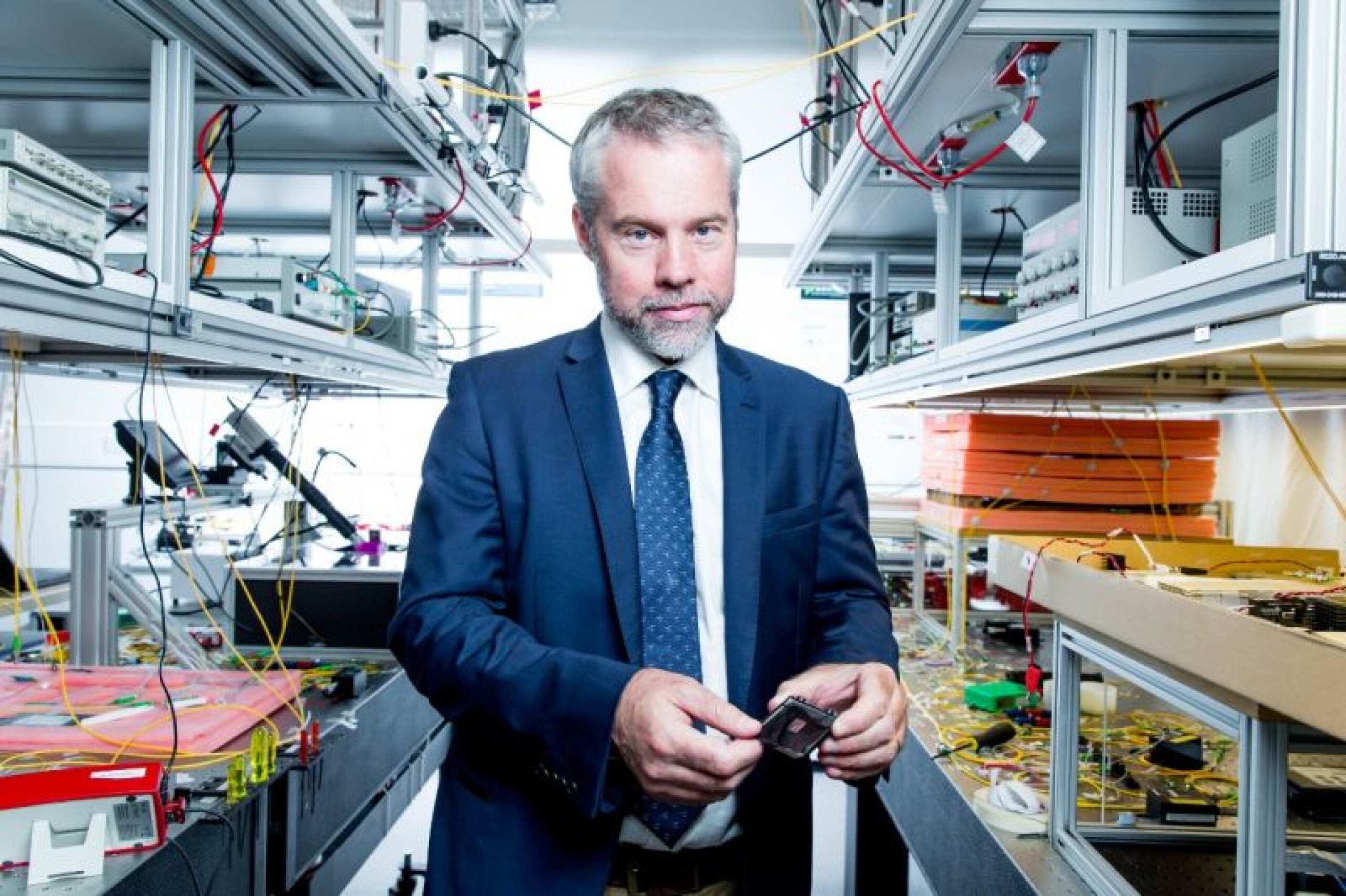
Head of Sydney Nano, Prof Ben Eggleton, appointed Pro-Vice-Chancellor (Research)
10 November 2022 Professor Ben Eggleton moves to key research role The University of Sydney…
-
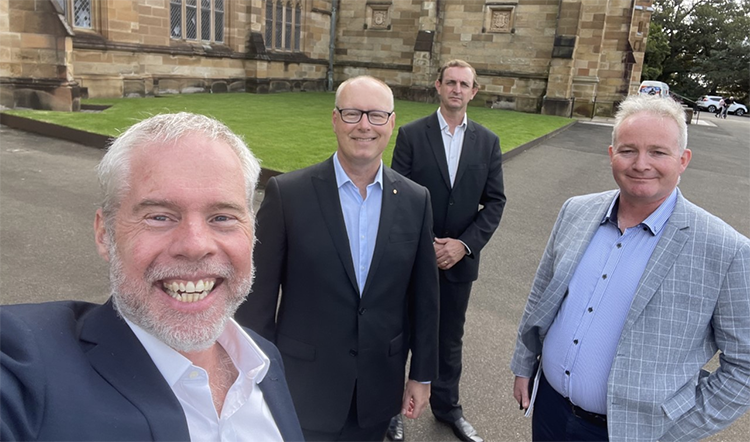
Eggleton Research Group and JSSL Team Host Royal Australian Air Force
—
in NewsLast Friday, Benjamin Eggleton and the JSSL team hosted Air Commodore Phil Gordon, Group Captain…
-
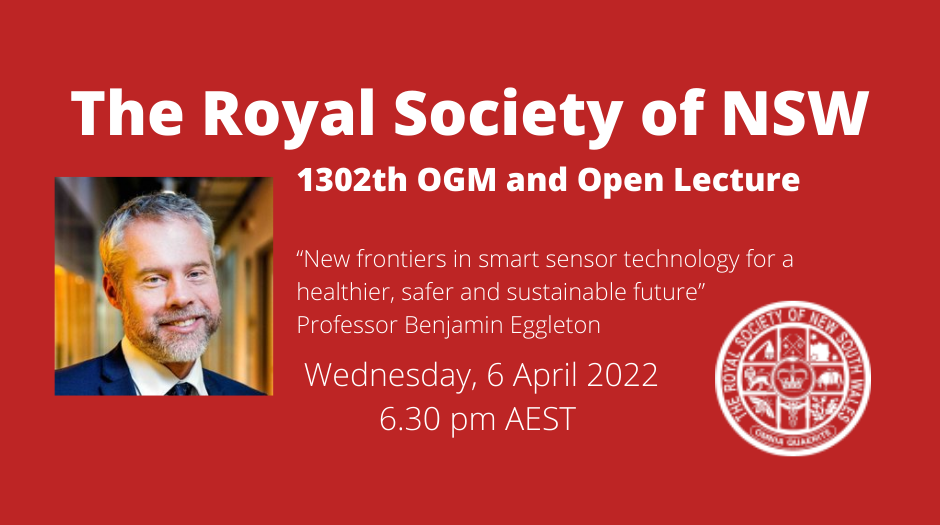
The Royal Society of NSW 1302th OGM and Open Lecture
—
in NewsNew Frontiers in Smart Sensor Technology for a Healthier, Safer and Sustainable Future Professor Benjamin…
-

Using radar to monitor burn victims and babies? It’s now possible
—
in NewsLow-cost, high-res radar developed at University of Sydney. ‘ University of Sydney scientists have achieved…
-

Just What is Nanotechnology?
—
in NewsA primer on building tools the size of atoms. Just what is nanotechnology? Where is…
-
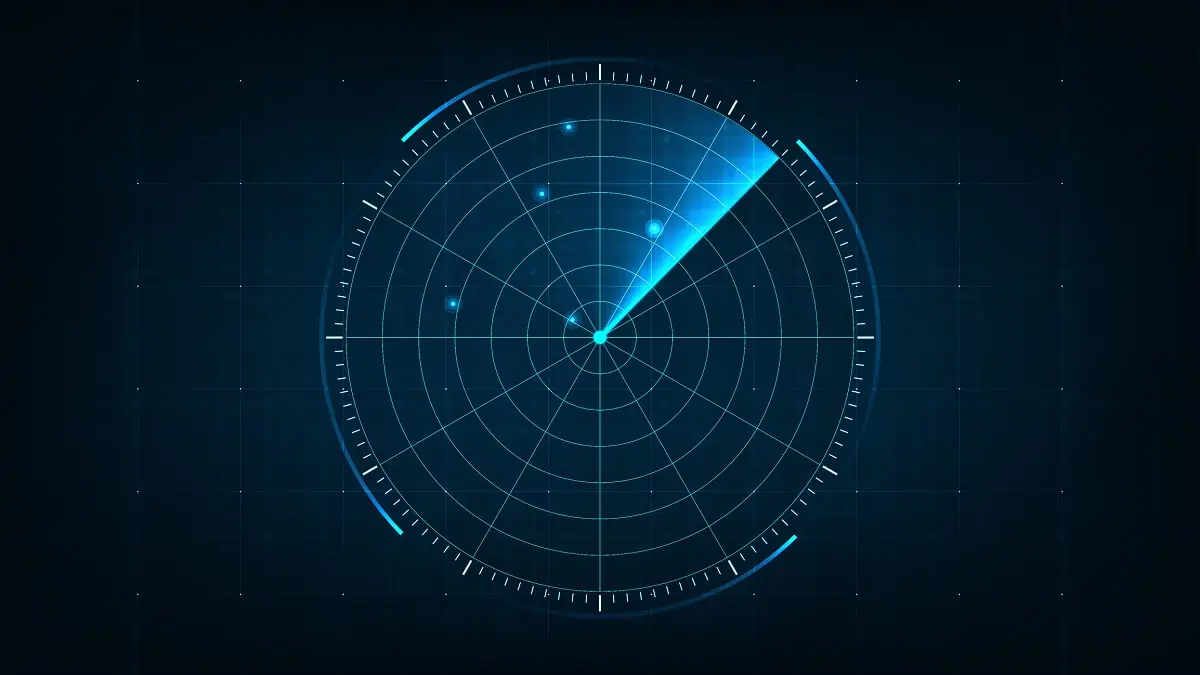
An “Incredibly Precise”, Low-Electronics Radar System
—
in NewsThe Photonic Radar System can see things in high detail. We use radar to spot…
-

We’re hiring a Data Theme Leader
—
in NewsReporting directly to the NSSN Co-Director Prof. Benjamin Eggleton, the Data Theme Leader for the NSW Smart Sensing…
-
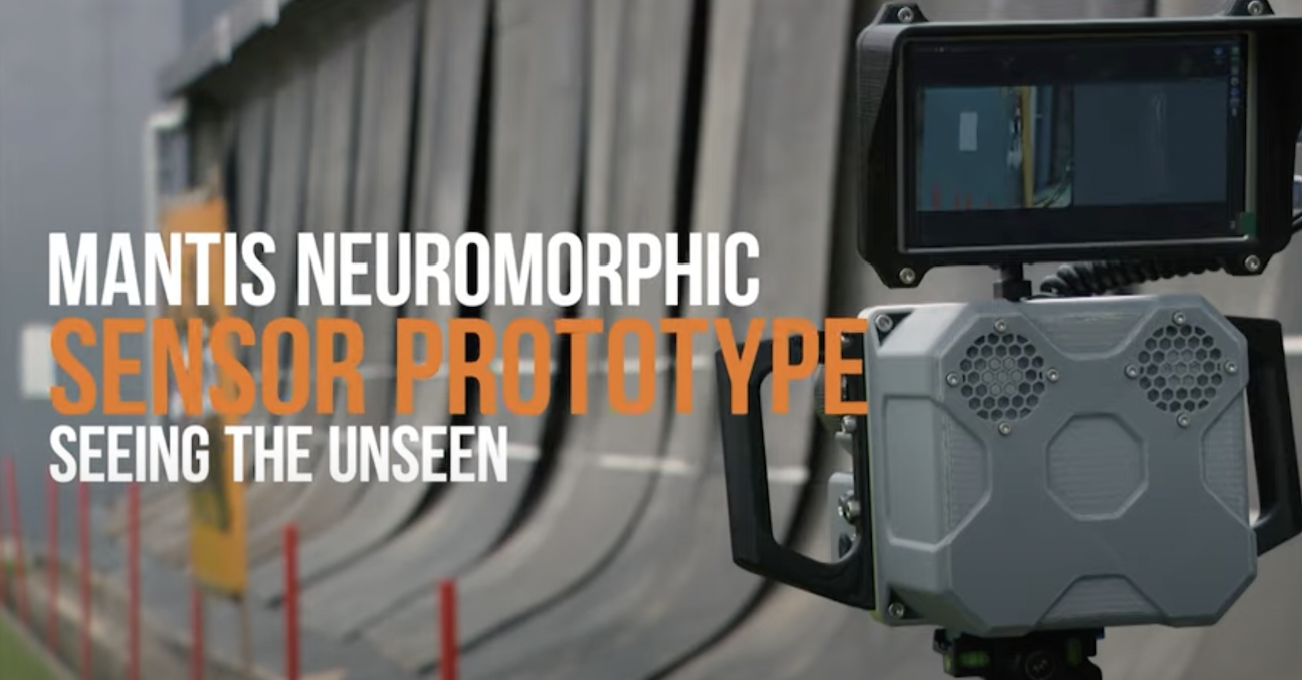
Capturing data faster than a speeding bullet | Defence News
A sensor that has shown potential to measure the speed and predict the trajectory of…
-
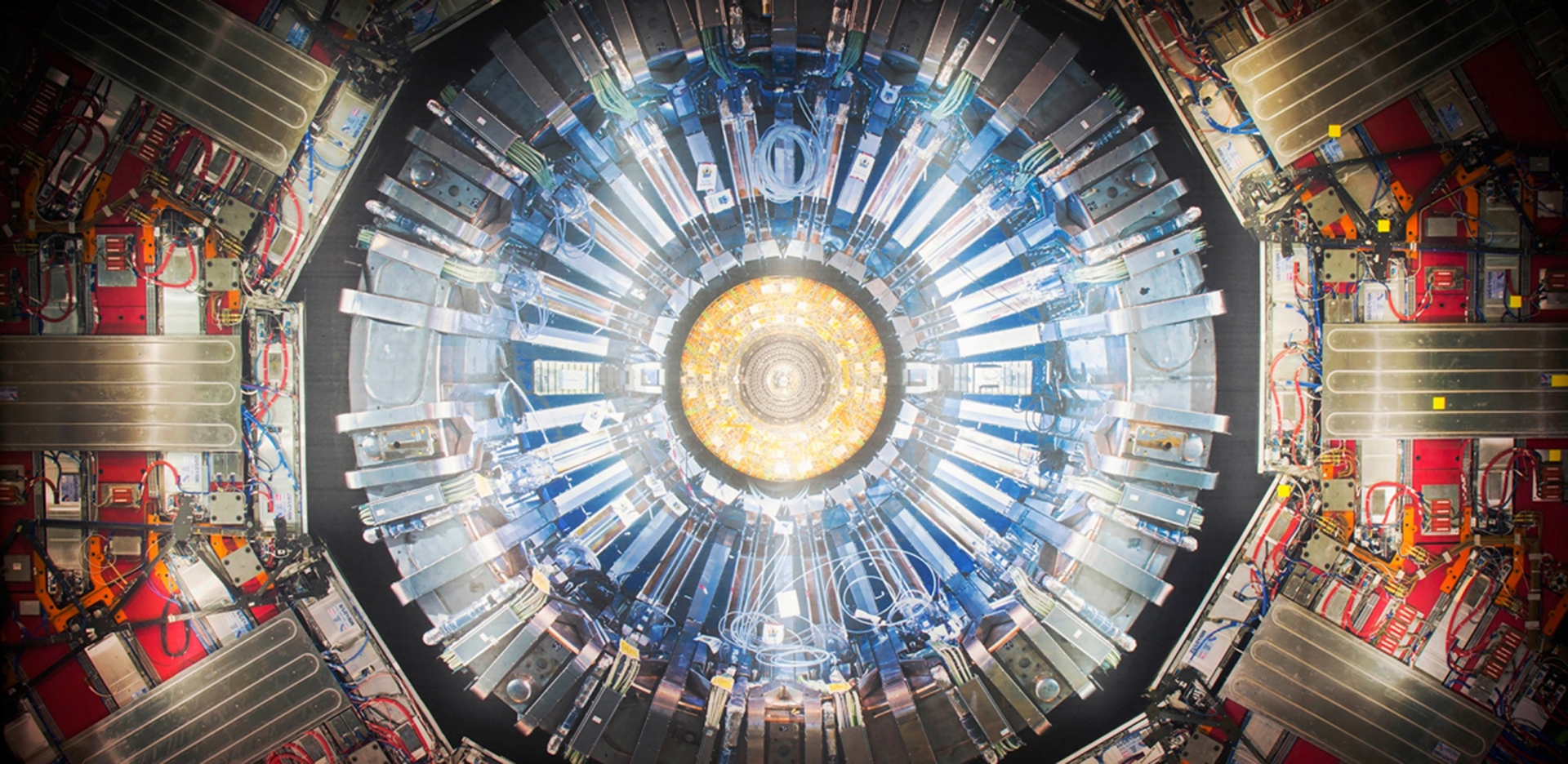
AUSTRALIA INNOVATES – THE VIDEO SERIES
—
in NewsProfessor Benjamin Eggleton and his team are excited to be part of the ‘Australia Innovates’…
-
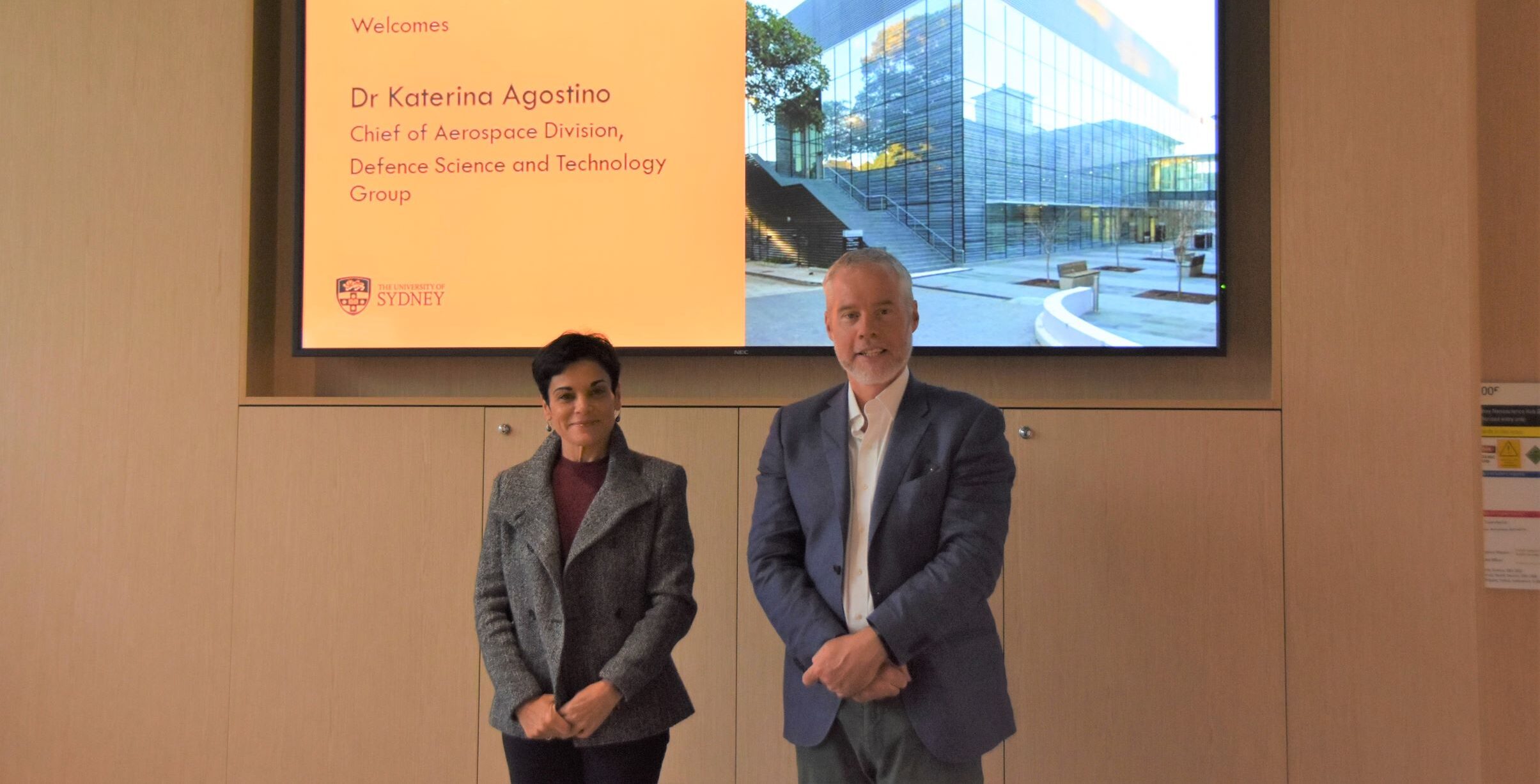
Prof. Benjamin Eggleton hosts Dr Katerina Agostino, Chief of Aerospace Division, Defence Science & Technology Group
—
in NewsOn 23 March 2021, Professor Benjamin Eggleton hosted Dr Katerina Agostino, Chief of Aerospace Division, Defence Science…
-
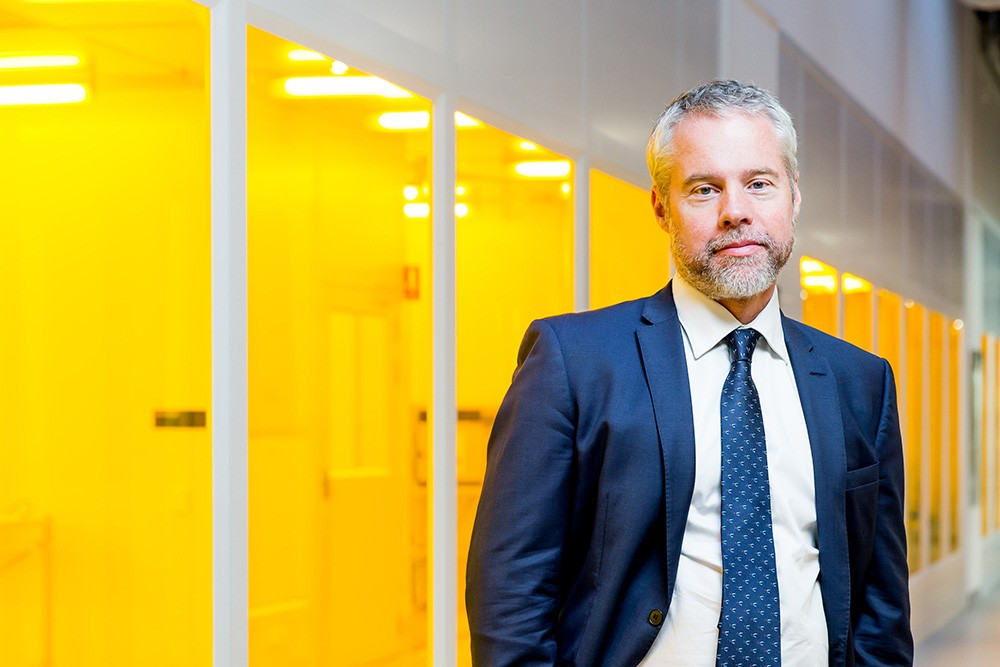
Professor Benjamin Eggleton Wins the ANZOS W. H. (Beattie) Steel Medal, the most prestigious award of the Australian and New Zealand Optical Society.
—
in NewsThe Australian and New Zealand Optical Society has awarded School of Physics’ Professor Ben Eggleton…